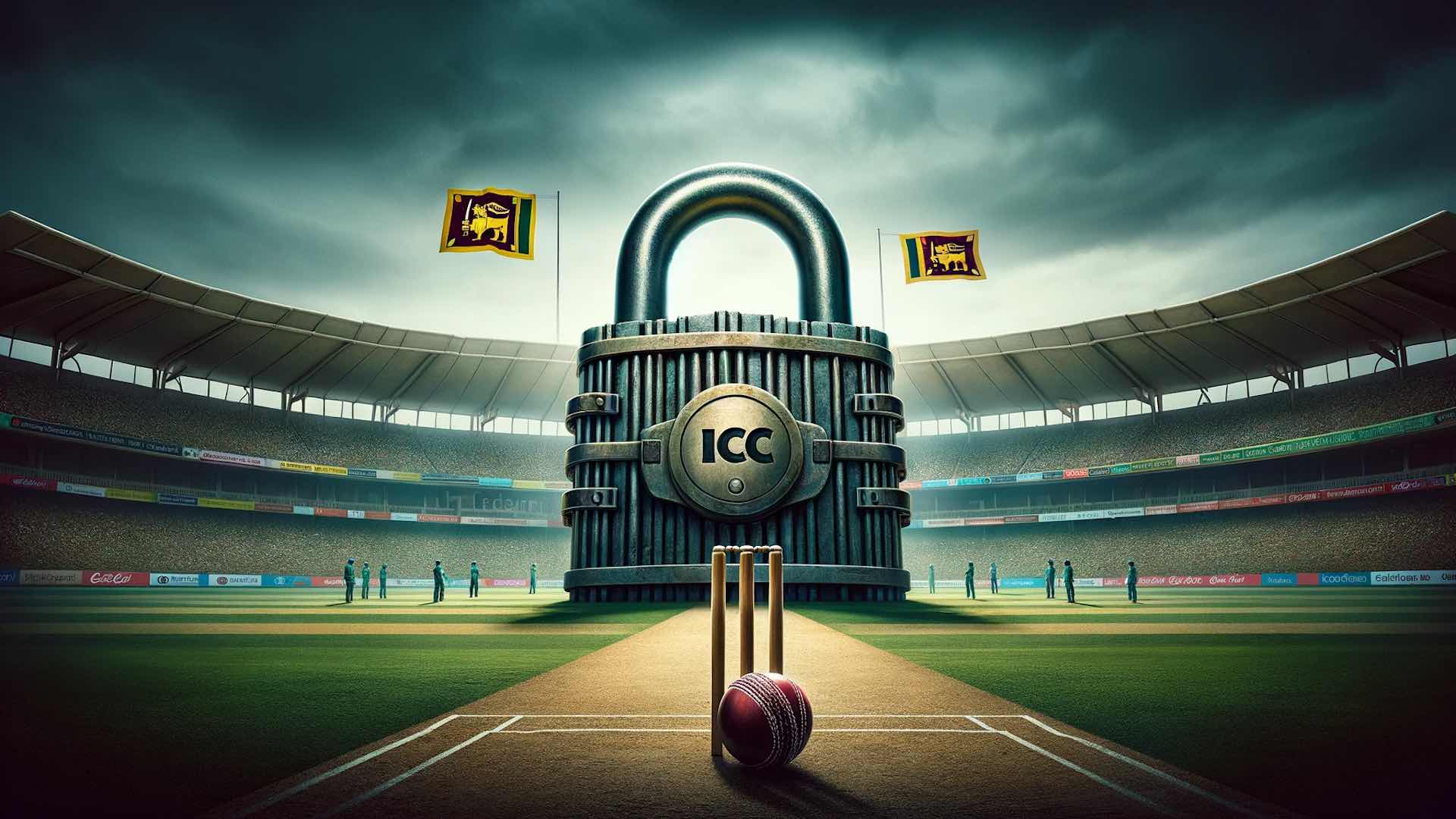The International Cricket Council (ICC) has suspended Sri Lanka Cricket (SLC) due to extensive government interference in its administration. This decision comes in the wake of Sri Lanka’s disappointing performance at the World Cup in India, sparking significant upheaval. The ICC characterizes the suspension more as a cautionary measure than a punitive one, aiming to dissuade further governmental intrusion into SLC’s affairs.

Presently, this suspension is not expected to severely impact Sri Lankan cricket, as there are no immediate cricket activities scheduled in the country until December, and ICC funding for SLC is not due until January. SLC Vice-President Ravin Wickramaratne stated that the suspension was requested by SLC itself to demonstrate to the Sri Lankan government that ICC will not tolerate government interventions.
This move parallels the situation in Zimbabwe in 2019, where Zimbabwe Cricket faced a similar suspension due to government interference. The ICC convened an emergency meeting to address the SLC situation, covering issues from administration to finance, and even national team matters. The ICC’s next steps will be determined during their November meetings in Ahmedabad.
Sri Lanka’s sports minister, Roshan Ranasinghe, recently dismissed the SLC board, appointing an interim committee led by Arjuna Ranatunga. However, a court order reinstated the SLC board shortly thereafter. Despite previous instances of government-appointed interim committees, this is the first time the ICC has opted for suspension.
The sports minister’s role in Sri Lanka also includes ratifying national teams, a practice rooted in the country’s sports law since 1973. The ICC’s suspension of SLC marks the second such action against a Full Member in the past four years, following the suspension of Zimbabwe Cricket in 2019. In contrast to the Zimbabwe situation, where cricket activities were halted and funding frozen, the ICC plans to approach the situation in Sri Lanka with more caution.
